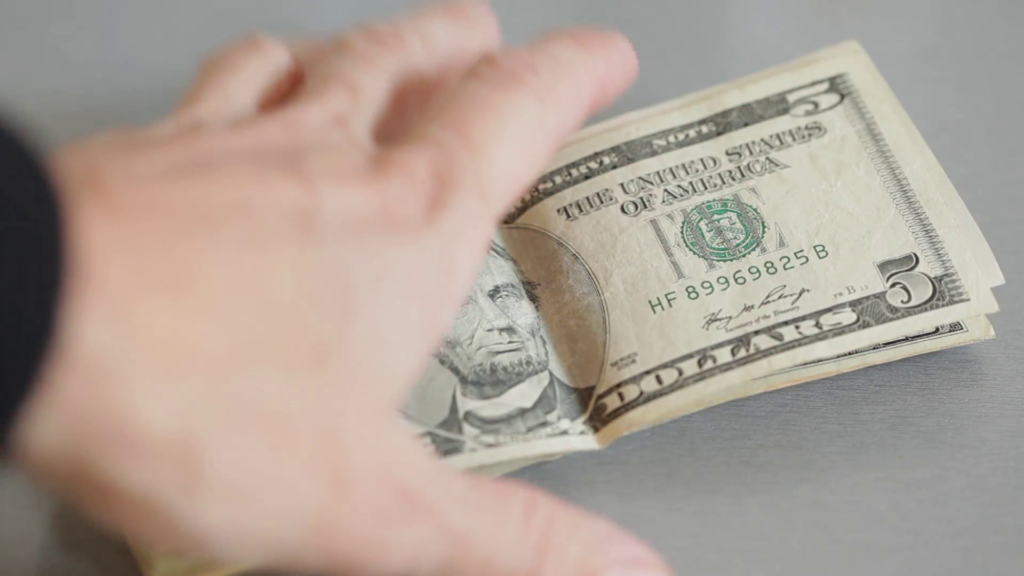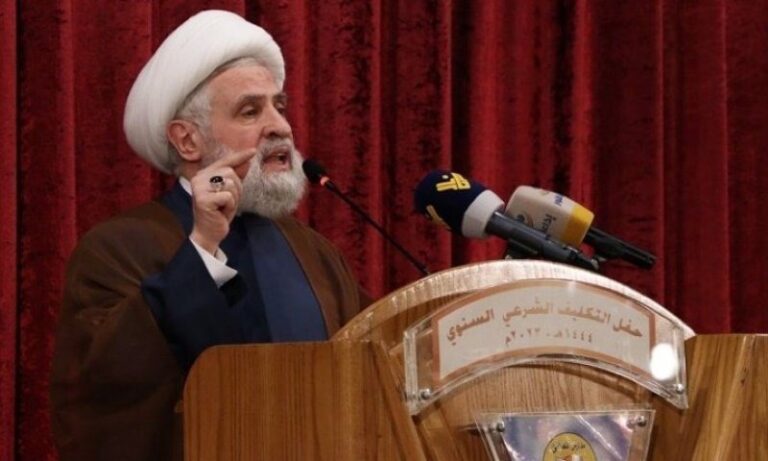(By Rabbi Yair Hoffman for 5TJT.com)
It is a story that boggles the mind and one hopes and prays that it is not true. A group of eighth graders, it is said, collected money for a graduation trip. The amount collected was some $5000. The students gave the money to the school to disperse to the necessary vendors as needed. It was to be a trip filled with ruchniyus and accommodations for the Rebbe were included as well.
However, one or two of the boys, it seems, were playing ball in the classroom. The ball broke a window. The principal was furious. Apparently, to teach the students a lesson, he confiscated $2500 of the $5000.
The amount seems to be significantly higher than what replacement of a window would cost, and that should be addressed as well.
A parent was horrified and decided to replace that confiscated $2500 with another check. The principal was not pleased. He then cancelled their graduation.
If the story is true, which we all hope it is not – is there any halachic basis for the principal to stand on?
THE GENERAL HALACHA
The Poskim (cited in Limud HaTorah by Rabbi Aharon Zakkai) write that it is forbidden to confiscate an item from the student on condition that it not be returned. This is the opinion of the Mishna Halachos Volume VI Siman 384. It is also the opinion of Dayan Blau in his Pischei Choshen Siman 1 note 17. This is also the ruling of the Shaivet HaKhasi. Rather, it must be returned at least by the end of the year.
THE EXCEPTION
There is an exception to this ruling, however. If the child is playing with the item or the money in such a way that it is disturbing him or disturbing others – then the Rebbe may take it away even on a permanent basis. This is because the Rebbe is aware of the educational level of his students and can generally determine what is best.
What is the rationale for this? The answer is that the father had hired the rebbe to take his place. That being the case, the Rebbe can take on the role of the father in ensuring that the son learn a lesson. It is equated by the Poskim to an apotropis – a temporary guardian over the child.
DIFFERENCE
Here, however, the situation is significantly different. Here the money was already put away in a different location for safekeeping. There would not be a heter to take it from there in order to teach a lesson. In other words, if something is disturbing to the learning and the Rebbe feels that taking it away would create a learning moment – then halacha would permit it because the student should not have been doing that activity during the time that was dedicated for learning. Also, the amount here, if the details are accurate, is excessive as well.
THE FOUR TYPES OF GUARDIANS
There are four types of guardians of an item that are discussed in the Torah (Shmos 22:6-14). Each one of them possesses a varying degree of halachic responsibility as explained in the Gemorah Bava Metziah 94a-95b: A) the unpaid guardian (shomer chinam), B) the paid guardian (shomer sachar), C) the borrower (sho’el), and D) the renter (socher).
The Gemorah discusses five types of cases: 1] Negligence (Pshiyah) 2] Lost 3] Stolen 4] Broke or Died 5] Taken captive. There are thus a total of twenty cases that the Gemorah discusses all in all. In cases of negligence – all four guardians must pay. In every other case (2-5) the unpaid guardian is exempt. Paid guardians and borrowers in all cases of lost or stolen. And it is a debate regarding a renter between Rabbi Yehudah and Rabbi Meir. In the latter cases of when it broke or died or was taken captive – all are exempt except for the borrower.
TAKES ON ROLE OF AN UNPAID GUARDIAN
The Halacha in our case is that the Rebbe becomes a Shomer Chinam – an unpaid guardian when he confiscates something. This is the ruling of the Mishpat Shai (p. 40). This means if he is negligent in watching the item – he is obligated to pay.
On the other hand, if it was lost or stolen – he is exempt from paying for damages. However, this is only if someone else stole it. If he himself had taken it – then he is obligated to pay for it.
Why does the Rebbe not take on the role of a paid guardian – where he would have to be responsible for theft? Is he not getting a salary for being the teacher? Shouldn’t he be that status instead of an unpaid guardian?
The answer to this is that he is not paid for guarding the item – he is being paid for teaching. Since the two are unconnected he is given the status of an unpaid guardian.
What happens if the item belonged to the child and not his parents? Do we say that there is a concept of a shomer Chinam in regard to a child? This is actually a debate among the Rishonim.
THE PROPERTY RULE
It could be argued that the school could have a previously stated rule that since they are on the school’s property then they must automatically adhere to the school’s rules. Thus, this could be likened to a condition that was previously agreed upon to change the responsibility level of the teacher. There are two caveats to this, however.
It cannot absolutely exempt a person from the laws of the Torah which forbid stealing. The second caveat is that this stipulation was never expressed in most cases. When the stipulation was expressed, however, it would be permitted to confiscate the item. This is the rationale for some Yeshivos confiscating basketballs that have not been placed in plastic bags and the temptation to dribble is overwhelming.
TAKING A REBBE TO A DIN TORAH
What is the halacha in this case of taking the principal to a Beis Din? If the situation were referring to a Rebbe – then technically, it is permitted for a student to sue his Rabbi in a Beis Din. However, the Ksav Sofer (in a responsum in Yore Deah #107) states that he should try to refrain from doing so. If the student persists, then the Beis Din should make every effort to minimize Chillul Hashem and to do so in a manner that would minimize embarrassment to the Rebbe.
CONCLUSION
We hope that the story discussed above is not an accurate. However, since this question was posed by a good friend – the author believes that the aforementioned halachos would apply. If there is some element of truth to the story – then at least we will all have learned some interesting halachah. The author wishes all graduates a mazal tov on their completion of studies – Rav lachem sheves bahar hazeh – you have gained so much (second pshat in Rashi)!
The author can be reached at [email protected]












2 Responses
The rebbe is punishing the entire class for the actions of a few, as well as stealing the money
What a great way to teach kids. It’s mamish the best lesson they can learn as they finish school – that everything they ever learned was for the books, but in real life, Yiddishkeit can be thrown out in a fit of rage. /s